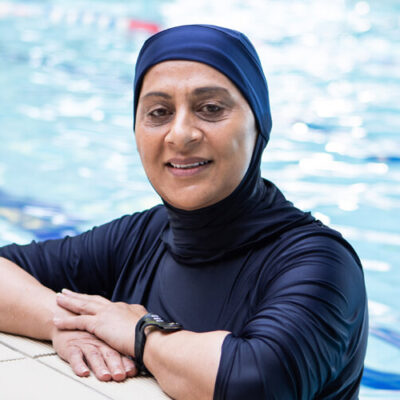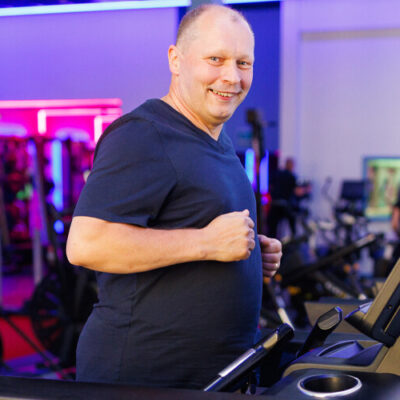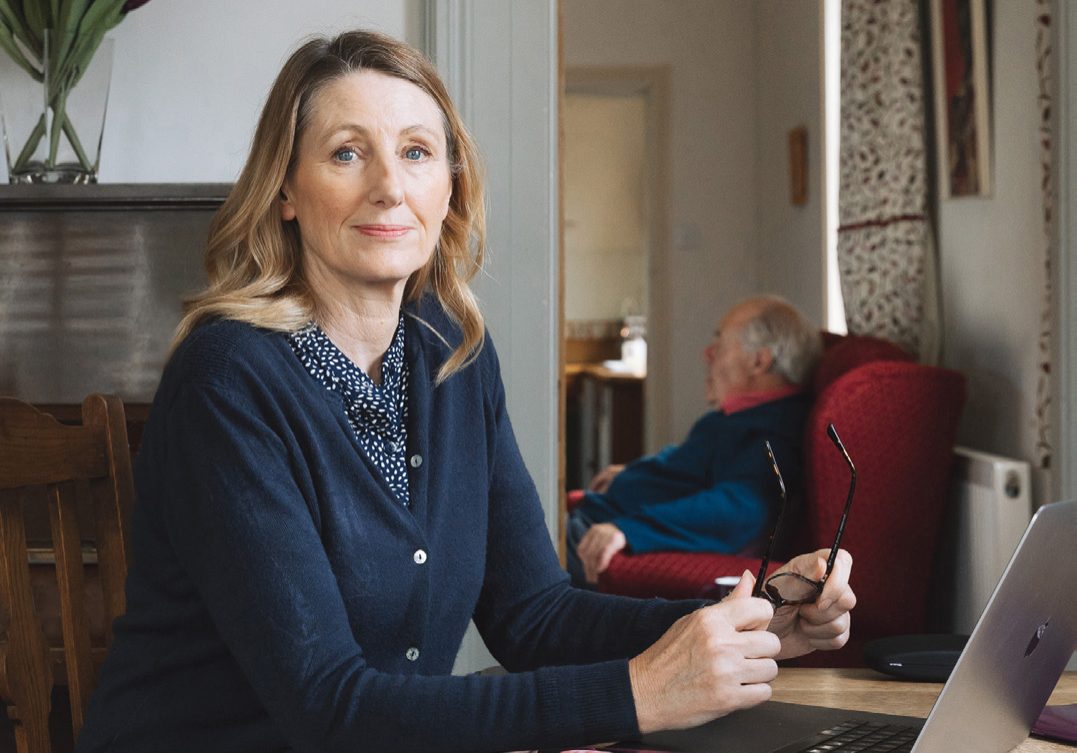
Senior Snippets – Asking for Help
by Rachel Kershaw
Welcome to Senior Snippets: the monthly advisory column with older members of our community in mind, brought to you by Rachel Kershaw of Home Instead in Burnley
Looking after mum as she becomes increasingly frail, or checking in on dad as his dementia worsens, is a reality for many of us. Family means everything, so being there for them only feels natural. But what if your loved one’s needs became too much for you to meet on your own wellbeing? Research carried out by Home Instead found that around a third of family carers feel at breaking point, while around two thirds say they struggle with their mental health. These are the common signs that you’re doing too much, and that you should look at what support is available to you: Feeling isolated and trapped: perhaps you feel like you have nobody to lean on, nobody to talk to and nobody who can help.
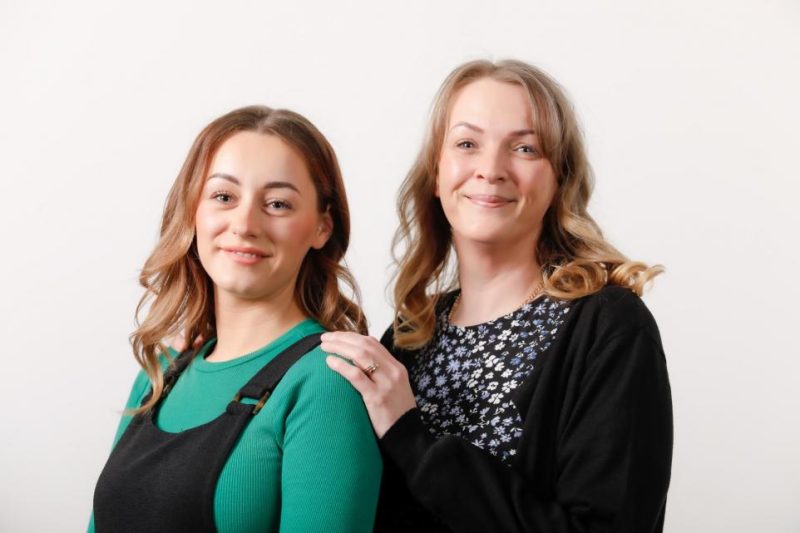
Founders Jess Croft and Rachel Kershaw
In your world, it’s just you, and nobody can understand the challenges you’re facing daily. Becoming stressed and exhausted: from the minute you get up, you’re feeling like you can’t face what you have ahead of you. There’s not enough hours in the day to undertake your countless responsibilities, and what little sleep you get is disrupted by endless worry.
Juggling too much:
You’re playing many roles for your loved one. Not only are you caring for them; you’re also taking them to appointments, helping maintain their house, being a source of emotional support, and much more. And that’s on top of the other roles you play day-to-day at home and work. Being less committed to work: it might be common for dad to call while you’re at work. He might be in a desperate state and needs you. You’ve got no choice but to leave work and check on his wellbeing. This will undoubtedly affect how you feel about your performance at work and what your employer might think.
Neglecting other family relationships:
Focusing so much on a loved one that needs care, it might be that relationships with others – a partner, children etc. – fall by the wayside. It’s only natural to feel guilty that you can’t fully play the role of a partner or parent.
Seeing no end in sight:
Caring for someone day in, day out, it might feel like this is it.Perhaps your loved one’s condition will only get worse over time and the thought of your responsibilities growing is too much to bear. Not knowing how long you’ll be performing this role for is enough to make you feel at breaking point.
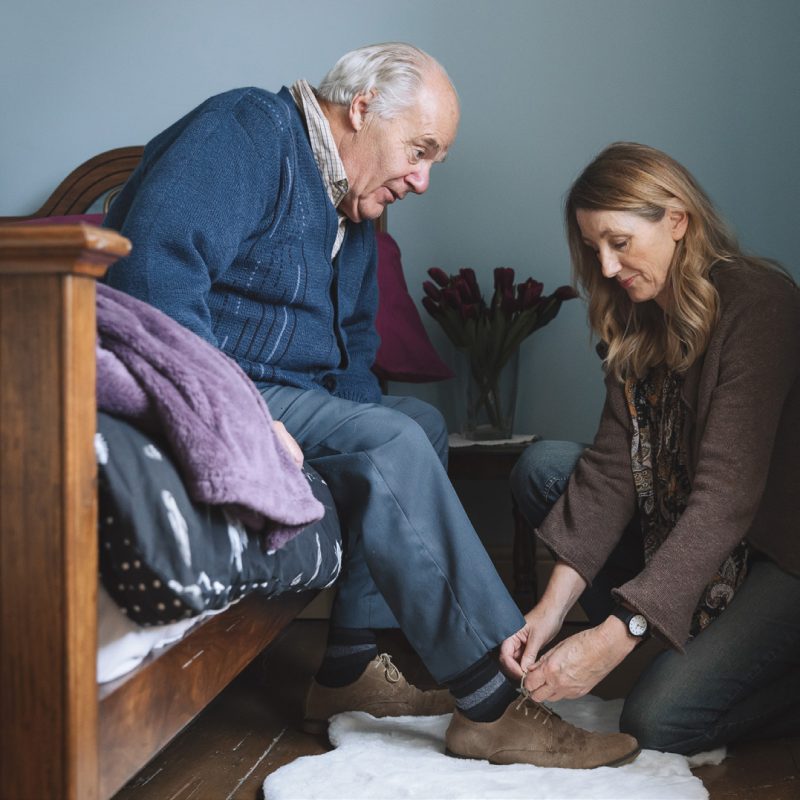
No family carer needs to go about the journey alone. It’s not just about finding care, it’s also about finding the organisations and professionals who have dealt with many situations like the one you’re facing. Those who can help include:
Social prescribers: your GP can give you access to a social prescriber, which will mean speaking to them about the support that you’d benefit from. Depending on what your support plan is, you’ll be directed to activities, groups or services in the area to help you deal with the difficulties you’re facing. Condition-related support: organisations supporting specific conditions, such as dementia and Parkinson’s, have support services on a local level. Look up the groups that meet in your local area – there’s no better way of finding like-minded people and tailored support.
Age UK: all aspects of being a family caregiver, from financial support to personal wellbeing, is supported by Age UK. It’s an organisation with heaps of advice on where to turn for support tailored to the specific situation you’re facing.
Re-engage: from tea parties to call companionships, Re-engage’s activities help older people expand their social circles. It enables family caregivers time off now and again as their loved one spends time with like-minded people.
At Home Instead, we have a wealth of knowledge about the support available locally. We have significant experience supporting families who are under pressure, helping them find a way to navigate through the challenges they face.
For more information, email enquiries.burnley@homeinstead.co.uk, call 01282 911300, or write to Home Instead Burnley, Northbridge House, Elm Street, Burnley, BB10 1PD



